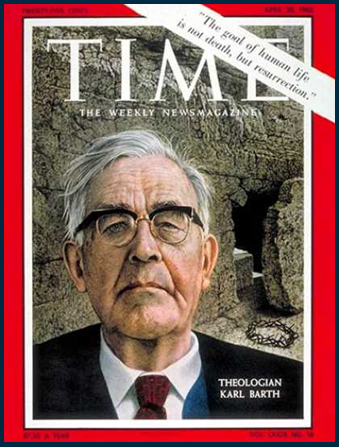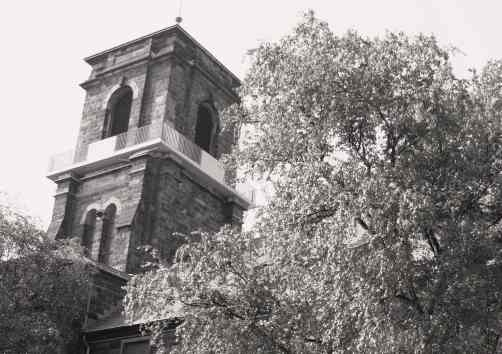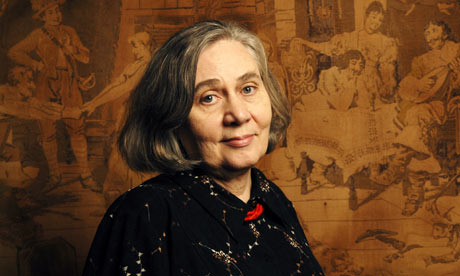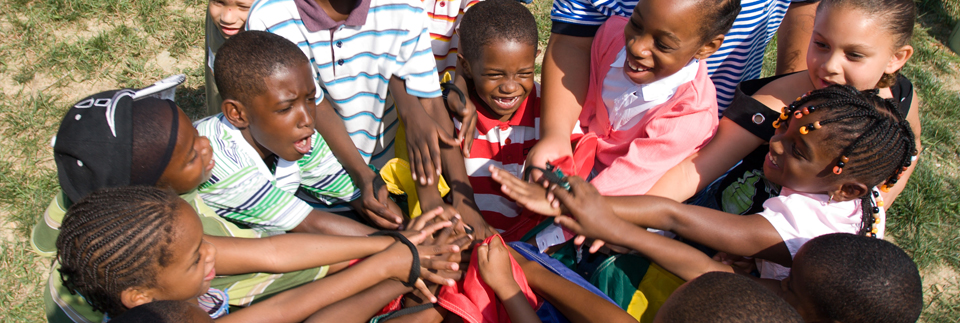Matthew Rose, Ethics with Barth: God, Metaphysics and Morals
Barth Studies (Farnham: Ashgate, 2010), pp 226, ISBN 978-1-4094-0623-5
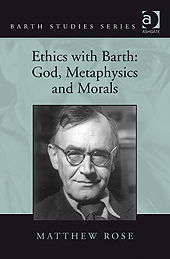
The re-evaluation of Karl Barth’s theology which has gathered pace over the last twenty years takes another step forward with this finely written addition to the Barth Studies series. Matthew Rose examines Barth’s ethics from a Roman Catholic perspective and seeks to place the eminent theologian, not only in dialogue with, but in the company of the classical tradition of Western metaphysics and morals (6). More directly,
In contrast to those who see Barth espousing act-deontology, situationalism or intuitionism, I understand him as endorsing a version of the Augustinian and Thomistic view that right living is in accord with created nature. To be good is to live in the truth about ourselves, to live in conformity with God’s intentions for created order. On my reading Barth thus holds God ought to be obeyed not out of mindless obedience but out of regard for our own good and true happiness. God requires no more, no less and no other than for us to fulfil our true being (10; cf. 42-43).
Karl Barth as a natural law ethicist? Not quite. Rose develops his argument in two parts which correspond roughly to an indicative-imperative pattern he sees in Barth’s theology (92). In the first part Rose provides a helpful presentation of Barth’s theological ontology with three chapters discussing the nature of God, creation, and humanity respectively. The God made known in Jesus Christ is that God who from all eternity and to the very depth of his being has turned toward humanity in love, uniting humanity to himself, and who has become humanity’s partisan. The whole of creation is, of course, God’s creation, and Jesus Christ is its secret: its origin and basis, telos and truth. As such, there is an inherent creaturely order that reflects God’s deepest intentions and which provides “the deep structure of the moral life” (59). This order and structure, however, is not given as a universally accessible rationality, and in this, of course, Barth departs from the classical tradition. Human being is christologically determined. Rose notes that Barth distinguishes between “real” humanity and “phenomenal” humanity: our truest and deepest humanity is in Christ, and as such is fundamentally active, relational and open-to-God, this latter not by creational grace or “nature,” but by the divine determination of election. These three chapters offer an account of the true nature of the reality within which humanity has its being, and which is also determinative for its life-act.
Part two is comprised of four chapters in which Rose explores Barth’s doctrine of the divine command (chapters four and five), and particularly, the command of God the creator (chapters six and seven). Rose defines the divine command as “nothing other than the divine nature itself interpreted with reference to human nature” (93; cf. 138, 155). Since the divine being is made known in God’s saving activity, the good is a predicate of revelation. “God’s being is itself imperatival, having the character of law” (95). Again, the divine command does not annihilate human willing but is instructive and illuminating, effecting a radical moral awakening in which the human agent discovers the truth of their own being and understand the command as their highest good. Rather than an occasionalist and particular command for each new moment, it is rather the determination of our entire being and existence to bear the image and likeness of God. In becoming “godlike,” we realise our true humanity.
Barth therefore thinks that what Christians ought to do has already been done. God has not only acted rightly toward us but has acted rightly on our behalf, making the good life something of a fait accompli. … God’s achievement is our incitement. What Barth has in mind when he speaks of obedience is consequently an active alignment of divine and human action … Acting in “correspondence” to God’s command means to be a response or echo to it in the sense of participatory engagement—a “Nachleben” (119-120, original emphasis).
Chapters six and seven supply an overview of Church Dogmatics III/4 with a brief exposition of the main lines of Barth’s discussion of the command of God the creator, with a focus on Rose’s own particular concerns. Rose argues that for Barth, the created order is inherently imperatival. That is, the structures of creaturely and human existence constitute the means by which the command of the Creator reaches us. “There is an internal coincidence between the order of creation and the order of obligation. To become aware of the theological ground of our existence therefore is to become aware of the moral law; knowledge of created order is moral knowledge” (138, original emphasis). Rose approves Barth’s “classic” view of freedom—his organising motif in the ethics of creation—in terms of teleology rather than modern conceptions of unrestrained personal autonomy. The most fundamental freedom is, of course, freedom for God. This fundamental freedom—established and made possible only by redeeming grace—grounds all other freedoms and relationships. Humanity is at its truest and realises its own true being only in this “natural” relation with God, which then issues into a fundamental relationality toward others. These relations, of course, and this freedom, are distorted, threatened, and at times, torn asunder by human sinfulness and evil which arise from the mysterious Nothingness; this is the focus of the final chapter. Rose’s main point is simple: although humanity chooses sin and is thus responsible, yet sin itself, and its ground in Das Nichtige has no ontological foundation: it is alien to human being and thus against nature. “Sin represents our insane, preposterous, bootless attempt to separate ourselves from the source of our life and being and therefore from ourselves” (190).
In a brief but important epilogue Rose considers whether, for Barth, revelation is the sole source of Christian moral reflection, and answers with a decisive No on the grounds that Barth had always acknowledged the particular work and task of philosophy, and that he allows some measure of moral knowledge arising from “truths known and knowable to all human beings” (207).
Rose knows his argument will not convince all readers: “The interpretation may … seem strained. Is not Barth being read against the grain”? (115). Rose is aware he is explicating a “minority report” in Barth (82), and indeed gives evidence of his procedure: “In expounding Barth one is therefore required to put in bolder terms what he often only expresses indirectly and by implication” (106). Nor does he always get the emphasis right (see, for example, his note that Barth’s emphasis on grace “implies a negative judgment on certain forms of autonomous human self-assertion” (150, emphasis added)). Yet he is sensitive to the problem and while keen to present and support his central thesis, acknowledges the very real tensions that remain between Barth and the classical tradition: “If Barth can accompany classical eudaimonism for a stretch of the road, he must part company with it eventually” (129). Why so? The reason lies within Barth’s strictly theological, indeed christological, rendering of God, creation, nature and humanity. Nevertheless, on the basis of these presuppositions, Barth’s ethics are a (distinctively Christian) form of eudaimonism, in which God is the source and measure of human well-being, and his command is “at bottom … an invitation to fulfil the same movement that has set us in motion” (122).
This well-written work which displays an excellent command not only of Barth’s corpus, but also the secondary literature, the historical and philosophical tradition, and contemporary disputes and discussions, deserves and rewards careful reading, even if in the end one cannot agree with all that Rose argues.
(Note: This review originally appeared in Colloquium 45/2 (Nov 2013))

